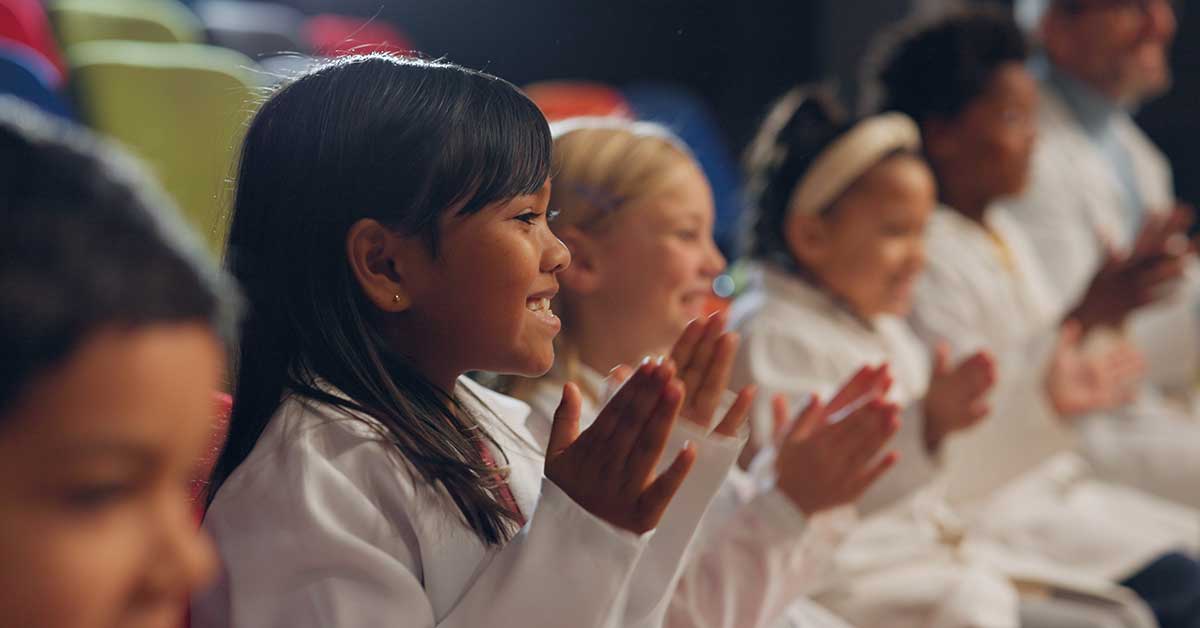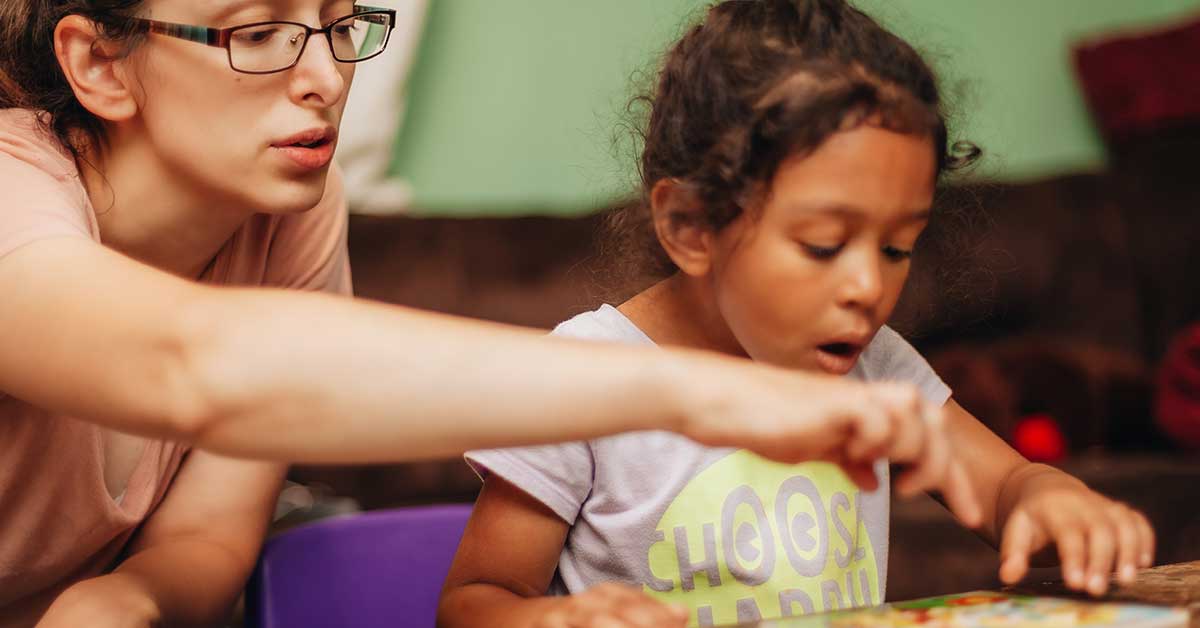The Magic of Nursery Rhymes
Nursery rhymes are more than just playful verses; they are integral to early childhood literacy. The rhythmic patterns and repetitive sounds in nursery rhymes help children develop phonemic awareness, a critical skill for reading. According to a study by Harper (2011), children who frequently engage with nursery rhymes significantly improve their early reading abilities.
Lullabies: Soothing Sounds with Educational Benefits
Lullabies do more than soothe a crying baby. These gentle songs introduce infants to the cadence and rhythm of language. Research by Patel and Iverson (2014) indicates that lullabies help develop auditory discrimination, which is essential for differentiating between sounds in words, a foundational skill for reading.
Music and Cognitive Development
Music plays a pivotal role in cognitive development. Songs with lyrics expose children to new vocabulary and concepts, enhancing their language skills. A study by Gordon et al. (2015) found that children who engage in musical activities demonstrate higher levels of verbal memory and reading comprehension.
The Joy of Songs and Karaoke
Singing songs and participating in karaoke provide interactive and enjoyable ways for children to practice language. These activities encourage children to mimic words and phrases, improving their pronunciation and fluency. A comprehensive review by Register et al. (2014) highlights that karaoke sessions can boost early literacy skills by making language learning a fun and engaging experience.
Integrating Music into Early Literacy Programs
Implementing music, nursery rhymes, and songs into early literacy programs can significantly enhance learning outcomes. Teachers and parents can use these tools to create a rich, immersive language environment. Programs that incorporate music and movement, such as the Music Together curriculum, have been shown to foster language development and literacy skills in young children (Williams, 2012).

Incorporate nursery rhymes, lullabies, and songs into your child’s daily routine to explore music’s profound impact on early literacy. Subscribe to our newsletter for more insights and tips on early childhood education.
Conclusion
Nursery rhymes, lullabies, music, songs, and karaoke are not just forms of entertainment; they are essential building blocks for early childhood literacy. Integrating these activities into your child’s daily routine allows you to foster a love for language and reading that will last a lifetime.
Frequently Asked Questions
1. How do nursery rhymes benefit early literacy?
Nursery rhymes help develop phonemic awareness and language skills, which are crucial for reading.
2. Can lullabies improve cognitive development?
Yes, lullabies aid in auditory discrimination and language acquisition, contributing to cognitive development.
3. What role does music play in early literacy?
Music enhances verbal memory, introduces new vocabulary, and improves reading comprehension.
References:
– Harper, L. J. (2011). The important role of nursery rhymes in the development of early literacy skills. *Early Child Development and Care*, 181(3), 195-203.
– Patel, A. D., & Iverson, J. R. (2014). Music and early language acquisition. *Frontiers in Psychology*, 5, 1284.
– Gordon, R. L., Fehd, H. M., & McCandliss, B. D. (2015). Does music training enhance literacy skills? A meta-analysis. *Educational Research Review*, 16, 36-47.
– Register, D., Darrow, A.-A., Standley, J., & Swedberg, O. (2014). The use of music to enhance reading skills of second-grade students and students with reading disabilities. *Journal of Music Therapy*, 44(1), 23-37.
– Williams, K. E. (2012). Does music make you smarter? An evaluation of the impact of music education on academic achievement in reading and math. *Journal of Educational Psychology*, 104(2), 372-384.




